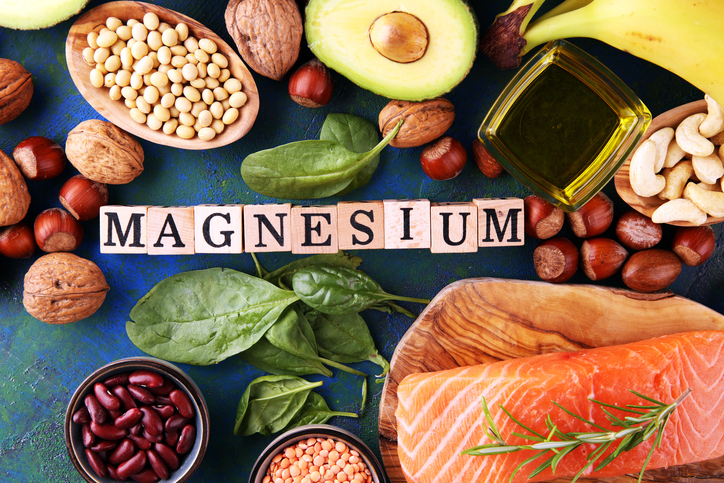Scientists at the Neuroimaging and Brain Lab of The Australian National University (ANU) have discovered that increasing the amount of magnesium in our daily diets can enhance brain health as we age. They suggest that by consuming more foods rich in magnesium, such as spinach and nuts, we could significantly lower the risk of developing dementia. This condition ranks as the second leading cause of death in Australia and holds a prominent place as the seventh most common cause of death worldwide.
The study, which involved over 6,000 participants in the United Kingdom who were cognitively healthy and aged between 40 to 73, revealed that individuals consuming over 550 milligrams of magnesium daily had brains that appeared approximately one year younger by the time they were 55, in comparison to those who ingested a standard amount of about 350 milligrams daily.
The research indicates that a 41% increase in magnesium intake could reduce age-related brain shrinkage, which is closely linked to enhanced cognitive function and a decreased or delayed risk of dementia in later life. Khawlah Alateeq, the lead author and a PhD researcher at the ANU National Centre for Epidemiology and Population Health, emphasized the significant role that a magnesium-rich diet plays in fostering good brain health.
With the expected global increase in dementia diagnoses from 57.4 million in 2019 to 152.8 million by 2050, the strain on healthcare, social services, and the global economy is anticipated to intensify. Dr Erin Walsh, a co-author of the study and also from ANU, highlighted the critical need for prevention, given the lack of a cure for dementia and the unsuccessful development of pharmacological treatments over the past three decades. This research aims to inform the development of public health interventions focusing on dietary strategies to promote healthy brain ageing.
The findings suggest that a higher dietary intake of magnesium from a younger age could protect against neurodegenerative diseases and cognitive decline by the time individuals reach their 40s. According to Ms Alateeq, neuroprotection offered by increased magnesium intake may start in the 40s or even earlier, underscoring the importance of magnesium intake for people of all ages.
Interestingly, the neuroprotective effects of a diet richer in magnesium seem to benefit women more than men, particularly post-menopausal women, which may be attributed to magnesium’s anti-inflammatory properties.
Participants in the study completed an online questionnaire five times over 16 months, providing data that allowed researchers to calculate their daily magnesium intake based on 200 different foods and various portion sizes. The ANU team specifically focused on magnesium-rich foods like leafy green vegetables, legumes, nuts, seeds, and whole grains to estimate the average magnesium intake from the participants’ diets, underscoring the potential for dietary magnesium to play a vital role in preventing age-related cognitive decline.
More information: Khawlah Alateeq et al, Dietary magnesium intake is related to larger brain volumes and lower white matter lesions with notable sex differences, European Journal of Nutrition. DOI: 10.1007/s00394-023-03123-x
Journal information: European Journal of Nutrition Provided by The Australian National University








